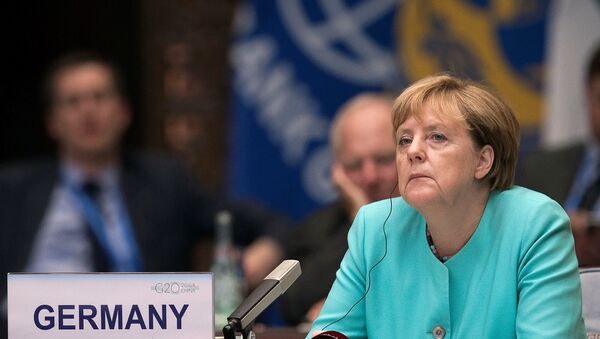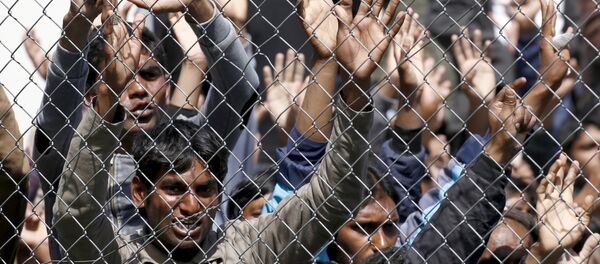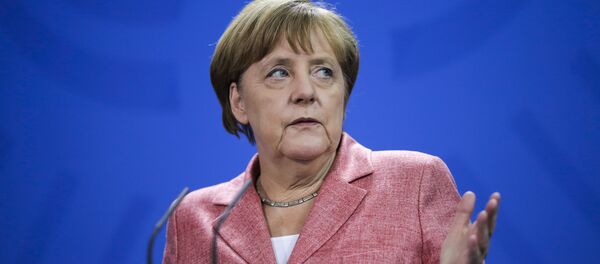Merkel's CDU party was beaten into third place with 19 percent, overtaken by the populist right-wing Alternative for Germany (AfD) party. AfD won 20.8 percent of the vote, coming second to the SPD, which won 30.6 percent of the vote, and — although reduced — allowed it to maintain control of the state in coalition with the CDU.
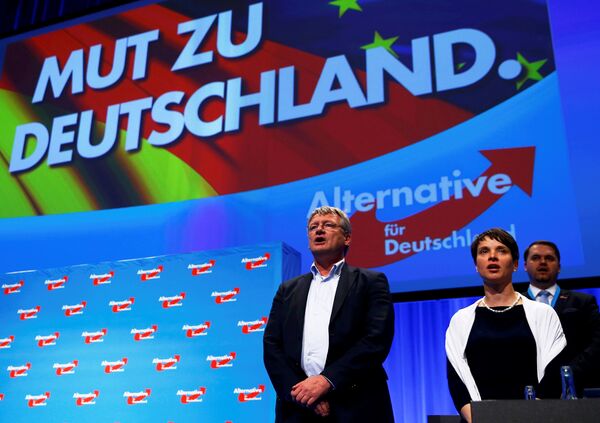
The defeat immediately brought calls for her to get tough on immigration, which has become the number one political issue, causing many Germans to move their support to nationalist parties, such as the AfD.
More than a million migrants arrived in Germany in 2015, causing major social unrest in many cities and towns across Germany. Subsequent terror attacks have brought about a rise in Islamophobia, with many blaming Merkel's "open-doors policy" to refugees to be at the root cause of the rise in terrorism in Europe.
The Secretary-General of Merkel's sister party in Bavaria, the CSU, Andreas Scheuer, told the newspaper Berliner Tagesspiegel:
"The CSU is pointing in the right direction. We need a cap on refugee numbers, expedited repatriation processes, an expansion of the list of nations deemed to be safe countries of origin, and better integration measures."
Fourth Term Doubts
Merkel is facing a split within her coalition government, which comprises her CDU party, which is represented everywhere except within Bavaria, the CSU in Bavaria and the SPD party which formed a coalition with the CDU/CSU at the last federal election.
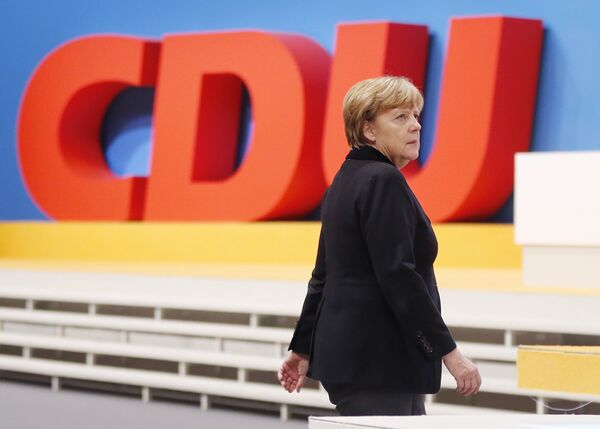
Although the SPD came tope in Mecklenburg-Vorpommern, their vote slipped by more than 5 percentage points, putting further strain on its coalition with the CDU/CSU.
She had come in for severe criticism for opening the floodgates to over a million migrants, precipitating the European migrant crisis. At home, she was panned for the crisis of federal states and major cities struggling to cope with processing the migrants, housing them and giving them basic assistance and housing.
However, in recent days she has stubbornly stood by her policy. Merkel told German TV that much had been achieved since she declared Germany's doors "open" to refugees in 2015. "We have achieved a lot since then and we need to do some more. We are at a completely different position since last year," Merkel said.
On June 18, Merkel said that refugees had not brought terrorism to Germany, adding that Islam belonged in the country as long as it was practiced in a way that respected the constitution. "The phenomenon of Islamist terrorism, of IS [Daesh], is not a phenomenon that came to us with the refugees," Merkel said.

